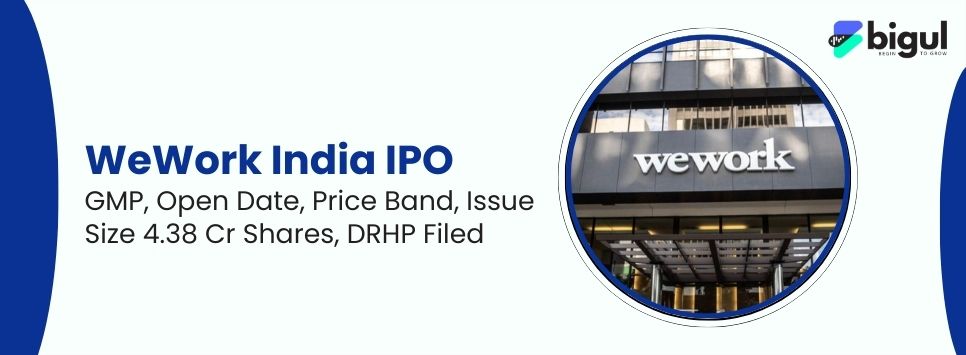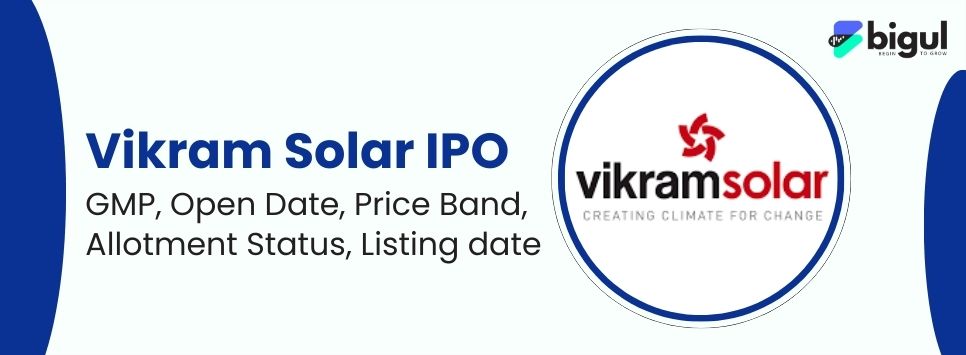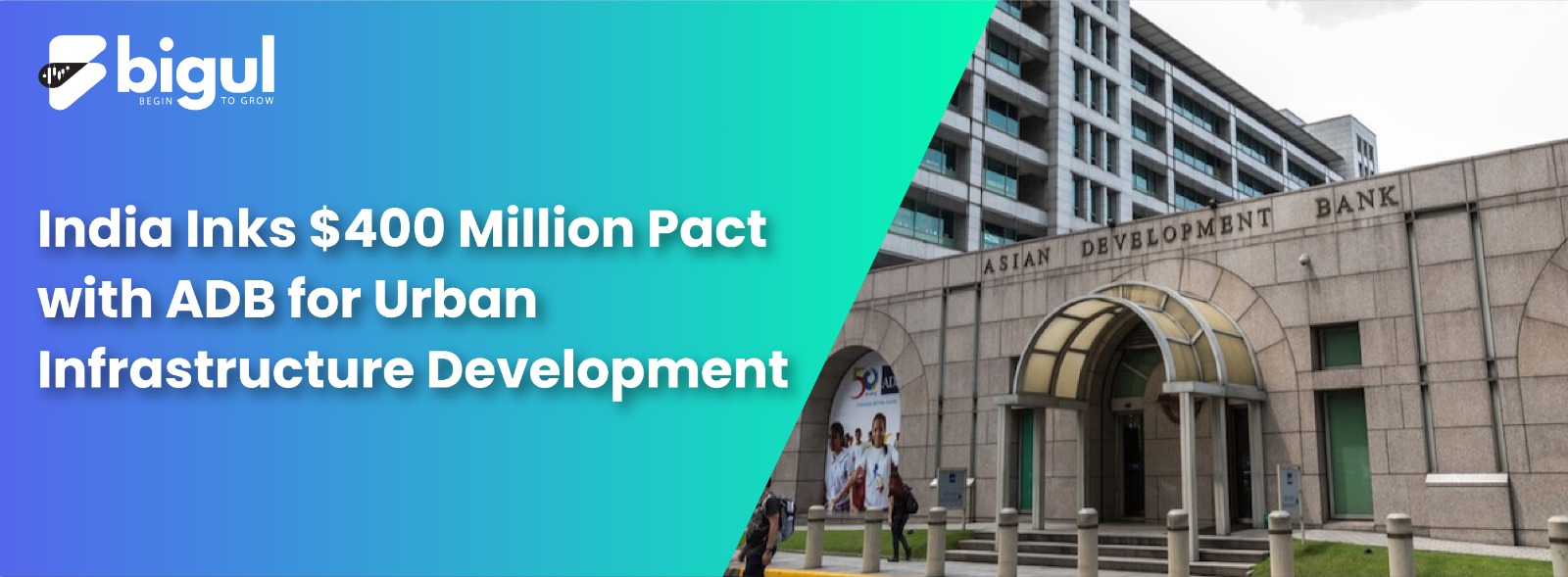In a significant stride towards urban development, India and the Asian Development Bank (ADB) formalised a $400 million (approximately Rs 2.7 trillion) policy-based loan agreement, aiming to revolutionise urban infrastructure, enhance service delivery, and fortify efficient governance systems. The strategic initiative aligns with the broader vision of fostering planned urbanisation and curbing urban sprawl through integrated planning reforms, encompassing legal, regulatory, and institutional dimensions.
National-Level Policies and Guidelines (Sub-Programme 1)
An earlier milestone was reached in the Year 2021 with the approval of Sub-Programme 1, backed by a $350 million (Rs 29,159,390,750.00) financing from ADB. This phase laid the groundwork by establishing national-level policies and guidelines geared towards enhancing urban services. The focus was on creating a robust framework conducive to the delivery of high-quality urban amenities.
State and Urban Local Body Investment Planning (Sub-Programme 2)
The latest development, Sub-Programme 2, extends support to investment planning and reform initiatives at the state and urban local body (ULB) levels. This phase represents a pivotal step in operationalising the national flagship program, Atal Mission for Rejuvenation and Urban Transformation (AMRUT) 2.0. With significant emphasis on universal access to water supply and sanitation, this sub-programme aims to bolster the ongoing reforms initiated by states and ULBs.
Strategic Objectives and Reforms
Juhi Mukherjee, Joint Secretary of the Department of Economic Affairs, Ministry of Finance, emphasised that the program strategically aligns with the government’s urban sector strategy. It places a strong emphasis on reforms geared towards transforming cities into liveable hubs of economic growth. The overarching goal is to provide inclusive, resilient, and sustainable infrastructure.
Water Security and Environmental Sustainability
ADB’s Country Director for India, Takeo Konishi, highlighted Sub-Programme 2’s support for achieving urban water security. The measures include reducing water losses, recycling treated sewage for non-domestic use, rejuvenating water bodies, and maintaining sustainable groundwater levels. The initiative also underscores the importance of promoting nature-based solutions for climate and disaster resilience.
Urban Local Bodies Empowerment
Urban local bodies (ULBs) are set to play a pivotal role in the modernisation of building bylaws, land pooling, urban agglomeration, and comprehensive urban mobility planning through transit-oriented development. These reforms are designed to propel cities towards becoming well-planned centres of economic growth, incorporating climate and disaster resilience and promoting nature-based solutions.
Financial Sustainability through Revenues
Cities will be incentivised to enhance their creditworthiness through reforms aimed at boosting revenues, including property taxes and user charges. The initiative also seeks to improve efficiency and rationalise expenditures, enabling cities to explore innovative financing avenues such as commercial borrowings, municipal bonds, sub-sovereign debts, and public–private partnerships. This multifaceted approach is expected to bridge significant deficits in urban infrastructure investments, according to a statement from the Ministry of Finance.
In short, the $400 million agreement between India and ADB represents a substantial stride towards building urban resilience, sustainability, and economic vibrancy through comprehensive reforms and strategic investments in urban infrastructure.








.jpg)
.jpg)
